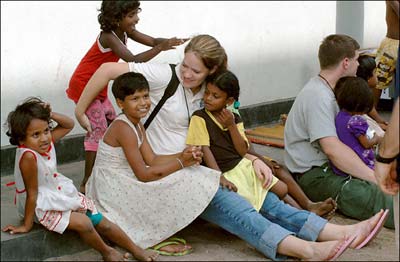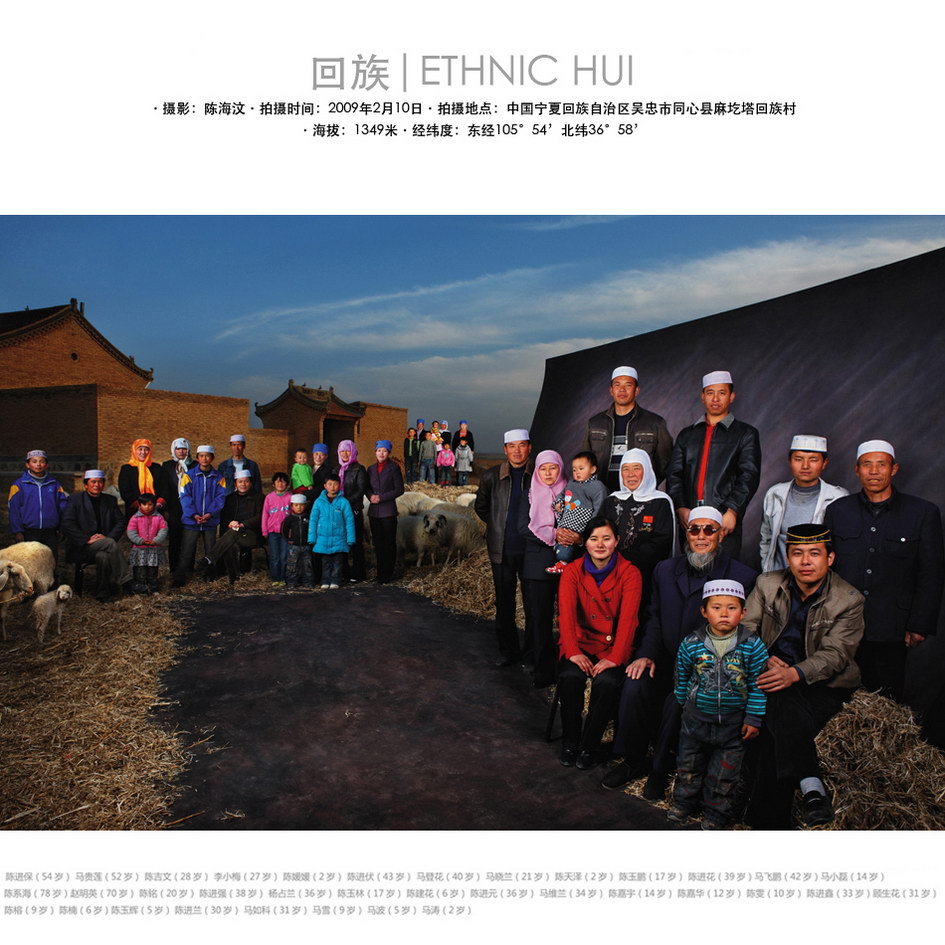How to describe Korea? For those who have never been there, you may not give the country much thought. Yes, we know they make good appliances and you may have heard of their spicy cabbage called kimchi. And yes, a war was fought there, though the details are a bit fuzzy as it rarely garners much interest or instruction time in America's high schools.
But for those who have been to Korea, you will never leave the same. At least I didn't. Our family was stationed there for two years, from 2006 until 2008. After those two, all too short, years, I left that country fully convinced that God is alive and well in Korea, and doing incredible things through its people, both in their own country and throughout the world!
Korea has, unfortunately, had a 2,000-year history of frequent invasions and interference from surrounding nations. In the recent past, the Japanese occupation (1910-1945), the Russian-engineered division of Korea (1945-48) and the devastating Korean War (1950-53) have molded the attitudes and politics of Koreans. They have been mistreated horribly by others (Korean "comfort women" for the Japanese soldiers during WWII, current starvation and horrific slaughter of people in North Korea) and have seen their country almost destroyed following the Korean War.
"The South Korea that Ed Faltin (U.S. military member who fought in the Korean War) left behind in 1952 was a bleak place. 'I left the front lines and went across the country to Pusan and Seoul and there was nothing there,' he said. 'That country was bombed out rubble. No trees. It was just so pulverized by artillery and mortars. There was nothing left.'
(Upon his return to South Korea in 2002), Faltin was surprised by what he saw. In place of rubble, he saw what looked like New York City, complete with high-rise buildings. 'It's unbelievable what they did,' he said. 'They're the largest ship-makers in the world, (the 11th largest economy) and the people are so gracious.'"
South Korea has indeed climbed out of the rubble a strong, committed Christian nation. In Asia, which is primarily Hindu, Buddhist and Muslim, Korea's Christianity stands out, like the red crosses you see on so many buildings throughout the Seoul city skyline. The first Protestant church was planted in 1884. By 1984 there were over 30,000 churches, and by 2000 over 60,000. The 2005 census of South Korea showed 29.2 percent of the population as Christian, up from 26.3 percent ten years previously.
The Korean Church grew strong through early morning prayer meetings, prayer mountains for seeking God (to read more on this go to Prayer-It begins and ends there), church-based Bible study, evangelism programs, fellowship in home meetings and at Sunday meals.
Surveys have shown that South Korean Christians are very active. Seoul contains eleven of the world's twelve largest Christian congregations. I've been to the largest Protestant Church in the world, Yoido Full Gospel Church, and it is incredible! To be amongst thousands upon thousands of Christians, all singing praises to God...it gave me just a small idea of what Heaven will be like...worshipping the Lord with brothers and sisters from around the world.
"Koreans have a fervent passion to proclaim the Gospel, a family-centered lifestyle and are highly educated. Korean missionaries are often well received by unreached people in the Chinese, Muslim and Buddhist blocks due to their relative cultural proximity. Increasing numbers of marketplace missionaries are able to enter restricted access countries where ordained missionaries cannot go," (Chul Ho Han, Director of Mission Korea.
One important contributing factor to South Korea being the second largest mission sending country in the world, has been the mission movement among college students led by Mission Korea, a coalition of 11 campus ministries and 24 overseas mission agencies working together for the common goal of mobilizing students into cross-cultural missions. Mission Korea's conference, which was first held in 1988, has grown to be the largest mission-focused conference in Asia, attracting over 5,000 students every two years.
This incredible missional movement among young people was very visible at the church we attended while living in Seoul. Jubilee Church was like no other church I have ever attended! The sense of the Holy Spirit's presence was so strong there that even my father commented on it after attending church with us one Sunday. After only four years of existence, their heart for missions is incredible. The church, mostly young professionals and students in their 20s, envisions itself as a mission-sending and mission-supporting church, with a heart especially for North Korea and China. It was amazing to be part of them. Our family still speaks of them fondly and prays that the Lord will lead us back to Seoul to once again worship and serve with them.
There is so much more I could say about Korea, yet I know that my words can not do justice to what God is doing in this country through its incredible people. No matter hold strong of a hold Satan may have on Asia, God is breaking that hold and He is using the people of Korea on the front lines!












